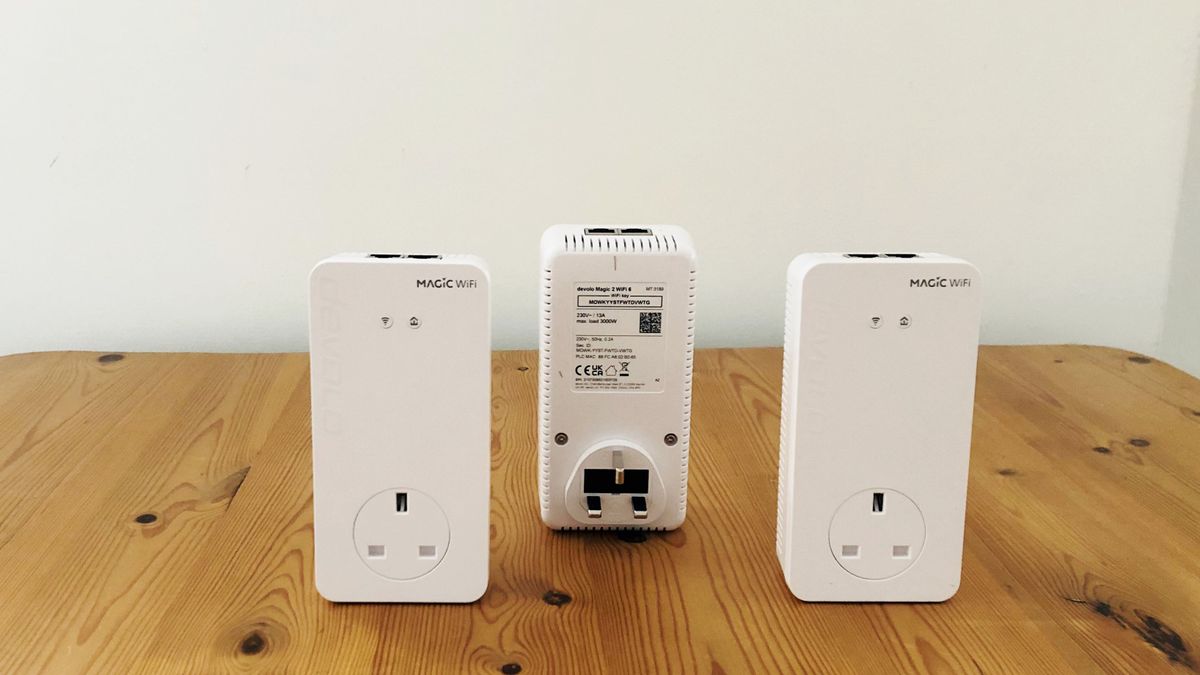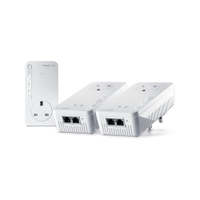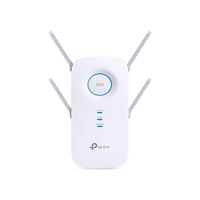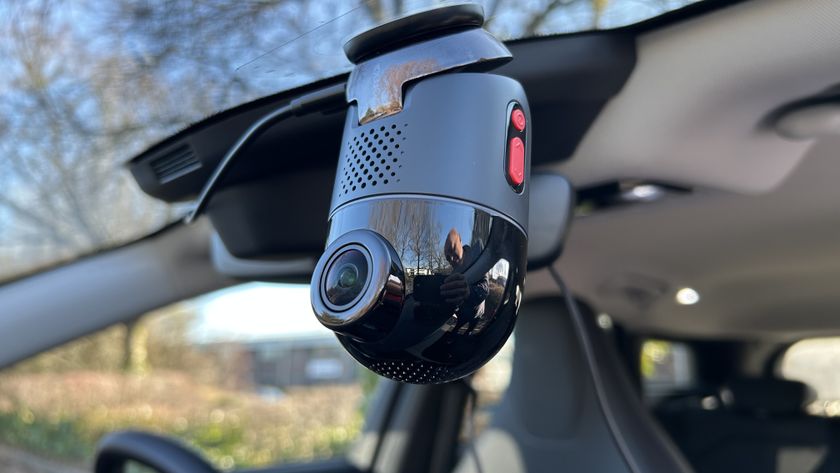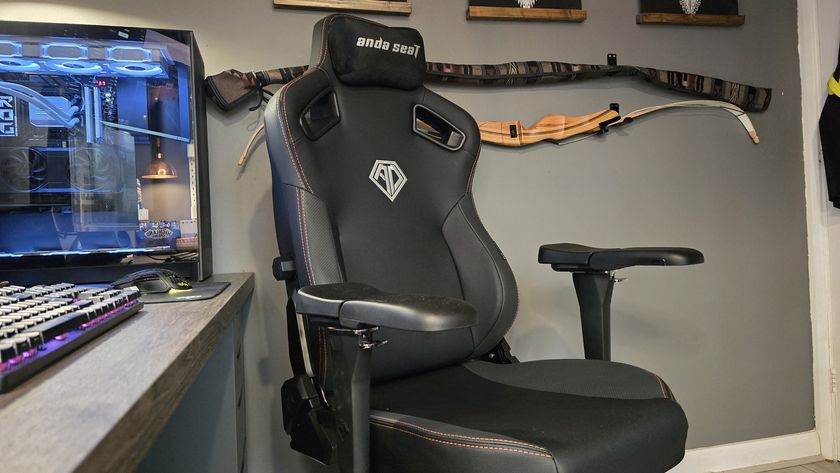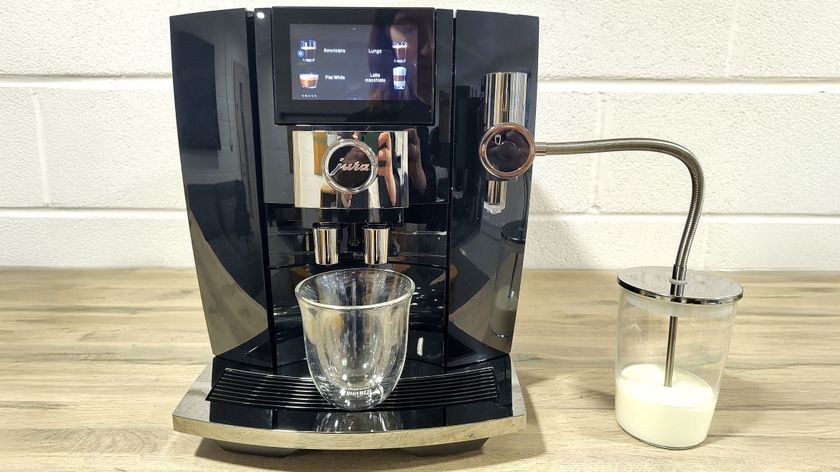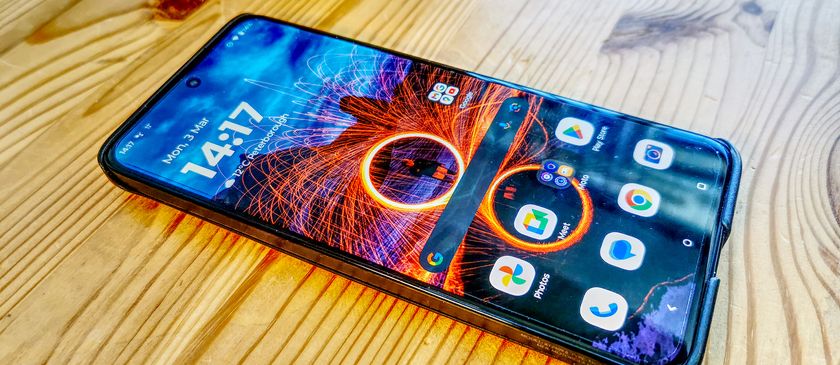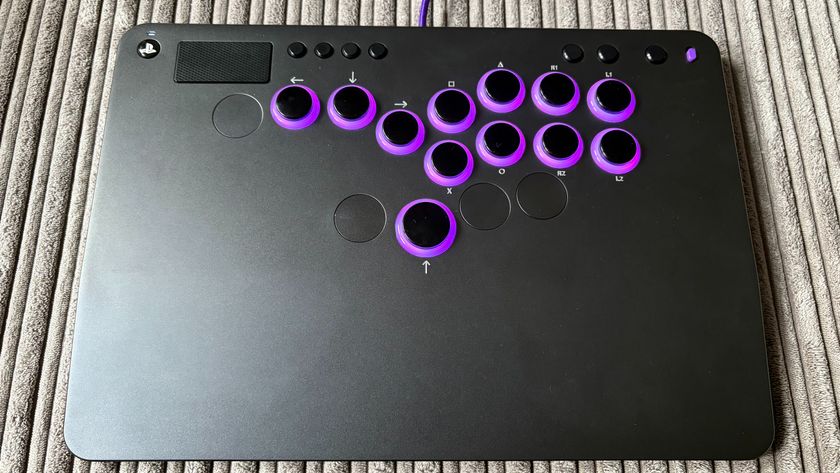TechRadar Verdict
It’ll be overkill for many homes, but the Magic 2 WiFi 6 Mesh provides a reliable and versatile combination of PowerLine wired connectivity and mesh wi-fi that can reach every room in your home or office.
Pros
- +
Combines PowerLine and mesh wi-fi networking
- +
Two Ethernet ports on each adaptor
- +
Easy to set up and install
Cons
- -
Very expensive
- -
Modest wi-fi performance
- -
Limited parental controls
Why you can trust TechRadar
Devolo Magic 2 Wi-Fi 6 Mesh: Two-Minute Review
Devolo’s range of Magic adaptors combines PowerLine technology - which can send a wired network connection to other rooms over your existing mains wiring - with a wi-fi range extender, which can be really useful for buildings where thick walls or other obstacles may cause problems with your wi-fi signal.
The Magic 2 WiFi 6 Mesh that we review here is Devolo’s new top-of-the-range option and, as the name suggests, it adds Wi-Fi 6 mesh networking to its PowerLine features, in order to provide an all-in-one combination of wired and wireless networking features that should be able to reach even the trickiest corners of your home or office - making it one of the best wireless routers and among the best mesh Wi-Fi system you can buy right now.
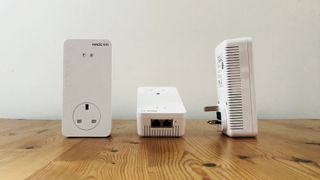
Devolo Magic 2 Wi-Fi 6 Mesh: Price and Availability
- Two-piece Starter Kit for $390/£300
- Three-piece kit is $590/£450
Here is the Devolo Magic 2 Wi-Fi 6 Mesh configuration sent to TechRadar for review:
PowerLine: 2400Mbps
Wi-Fi: dual-band Wi-Fi 6 @ 1800Mbps
Ports (each adaptor): 2x Gigabit Ethernet, 1x mains pass-through
Dimensions (each adaptor): 190x118x92mm
There are two options available, with a Starter Kit that includes two identical adaptors, costing £299.99, which is suitable for buildings with one or two stories (approx. $390/AU$520). For larger buildings with up to three stories, there’s the Whole Home kit that we review here, which includes three adaptors for £449.99 (approx. $590/AU$785).
That’s fairly expensive, but could still be a worthwhile investment if you need that combination of PowerLine and wi-fi to provide reliable networking for your home.
- Price and availability: 3/5
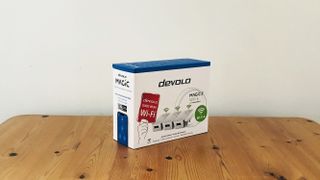
Devolo Magic 2 Wi-Fi 6 Mesh: Design and Features
- Easy to set-up
- PowerLine, Ethernet, and mesh wi-fi
- Chunky design
The three adaptors in the Whole Home kit are fairly chunky - more than twice the size of a normal 3-pin plug. That’s because they also incorporate a mains pass-through socket that allows you to plug other electrical devices into the adaptor. That’s handy as it means that you can set up your new network without losing the use of that electrical socket. There are also two Ethernet ports on each adaptor, to provide a wired network option for a laptop or other devices that prefer a lag-free wired connection. It’s a shame, though, that the Ethernet ports are located right on the top of each adaptor, as that leaves you with Ethernet cables poking up and out of the adaptor, and looking rather untidy.
The Magic 2 WiFi 6 Mesh supports dual-band Wi-Fi 6 with a top speed of 1800Mbps. That’s not particularly fast, but it should still be more than adequate for most home broadband services. It’s also important to remember that the emphasis here is on reliability rather than sheer speed, so 1800Mbps is certainly better than no wi-fi at all. The wired PowerLine connection also supports speeds of up to 2400Mbps, so you can also use the Ethernet ports for a fast wired connection when required.
Getting Started is a piece of cake, as you simply need to plug the three adaptors into nearby power sockets and then use Devolo’s Home Network app to scan a QR code on the box. The app takes just a couple of minutes to automatically link the three adaptors together, then asks if you want to create a new name and password for the Devolo mesh network, or to simply use the same log-in details as your existing network.
By default, the Devolo app creates a single network that merges the 2.4GHz and 5.0GHz bands, but it does allow you to create separate networks on each band if required. But, while getting started is very easy, the app does have a few rough edges. Its parental controls allow you to create a schedule for your children’s Internet access, but the app assumes that you understand technical details such as MAC addresses, which isn’t very helpful at all. Other features, such as Airtime Fairness - which allows you to prioritize individual devices for maximum performance - are hidden deep within the app and aren’t very easy to find.
- Design and Features: 4/5
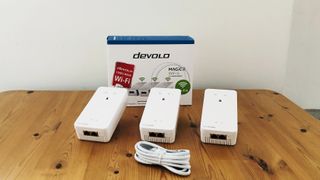
Devolo Magic 2 Wi-Fi 6 Mesh: Performance
- Good, reliable wi-fi performance
- 2x Ethernet for wired connections
- Top wi-fi speed is 1800Mbps
Here's how the Devolo Magic 2 Wi-Fi 6 Mesh performed in our suite of benchmark tests:
Ookla Speed Test - 2.4GHz (download/upload)
Within 5ft, no obstructions: N/A
Within 30ft, three partition walls: 110Mbps/11Mbps
20GB Steam Download - 2.4GHz
Within 5ft, no obstructions: N/A
Within 30ft, three partition walls: 12.5MB/s
Ookla Speed Test - 5.0GHz
Within 5ft, no obstructions: N/A
Within 30ft, three partition walls: 110Mbps/11Mbps
20GB Steam Download - 5.0GHz
Within 5ft, no obstructions: N/A
Within 30ft, three partition walls: 12.5MB/s
Despite those minor complaints, the Magic 2 WiFi 6 Mesh delivers the goods for network performance. We connected one adaptor to our main router in order to use the router’s Internet connection, with another adaptor in our back office - where poor wi-fi means that we normally have to rely on a wired PowerLine connection for our office computers. The third adaptor was located in a hallway, roughly mid-way between the two other adaptors in order to maximize wi-fi coverage.
With that set-up, the Magic 2 WiFi 6 Mesh had absolutely no trouble breezing along at 110Mbps when using the Ookla Speed Test app, and a rock-steady 12.5MB/s for Steam downloads. Those are the highest speeds supported by our office broadband service, so the Magic 2 WiFi 6 Mesh really does provide a fast and reliable - if rather expensive - solution for homes that suffer from poor wi-fi.
- Performance: 4/5
Buy it if...
You Have Thick Walls
Older buildings often have thick walls or other obstructions that can block the wi-fi signal. The Magic 2 WiFi 6 Mesh uses PowerLine to break through those obstacles and then creates a new wi-fi network in the desired location.
You’ve Got A Lot Of Bedrooms
The Whole Home kit that we review here is very much designed for larger homes with bedrooms spread over two or three stories. One adaptor on each floor will create a mesh network that provides reliable wi-fi for every room.
Don't buy it if...
You Need Top Speed
It’s very reliable, but the Magic 2 WiFi 6 Mesh offers relatively modest wi-fi speeds of 1800Mbps. Gamers and other power users might prefer something a little faster.
You’re On A Budget
Many homes may find that an affordable range extender or more basic PowerLine adaptor provides a reliable wired or wi-fi connection for just one or two rooms.
Also consider...
Devolo Magic 2 Wi-Fi 6
It lacks the additional mesh wi-fi features, but the standard Magic 2 WiFi 6 includes either two or three wi-fi range extenders, along with PowerLine connectivity for around £100/$130/AU£170 less
Check out our Devolo Magic 2 Wi-Fi 6.
TP-Link RE650 AC2600
A standalone range extender is often the most affordable way of boosting the wi-fi in smaller homes, and TP-Link’s RE650 provides good performance at a highly competitive price.
Check out our TP-Link RE650 AC2600 review.
Devolo Magic 2 Wi-Fi 6 Mesh: Scorecard
| Price and Availability | It's a bit pricey, but you get what you pay for. Two different kits are available. | 3 / 5 |
| Design and Features | A bulky design hides a feature-rich router with an easy setup. | 4 / 5 |
| Performance | Not the fastest Wi-Fi on the market, but extremely reliable. | 4 / 5 |
First reviewed July 2022
How We Test
We pride ourselves on our independence and our rigorous review-testing process, offering up long-term attention to the products we review and making sure our reviews are updated and maintained - regardless of when a device was released, if you can still buy it, it's on our radar.
Cliff Joseph is a former Editor of MacUser magazine, and a freelance technology writer with 30 year’s experience in the industry (and old enough to remember when Apple was close to going bust…).
His first job involved using Macs for magazine sub-editing and typesetting, which led to the realisation that these computer-thingies might actually turn out to be useful after all. After a few years specialising in the Mac side of the market, he went freelance and embraced the wide world of digital technology, including Windows PCs, digital audio and hi-fi, and networking. Somewhere along the line he also developed a bit of a gaming habit and has stubbornly waved the flag for Mac gaming for far too many years.
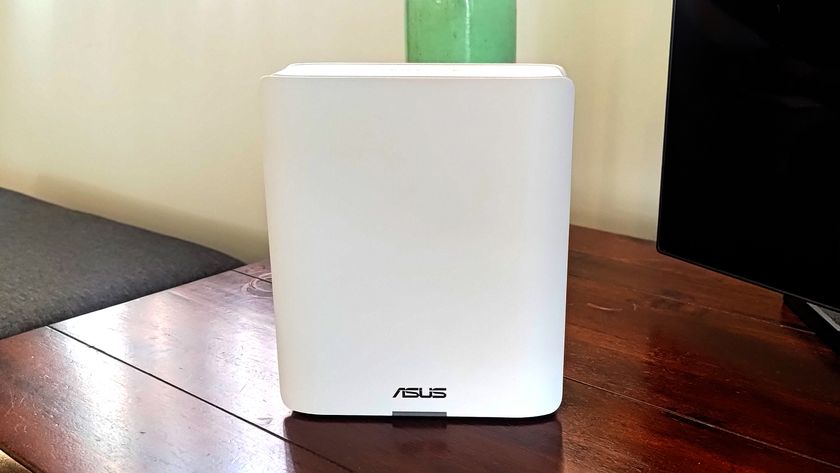
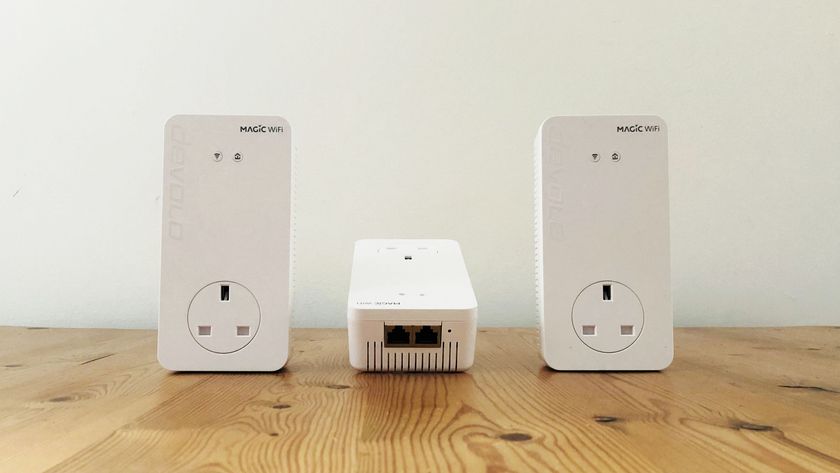
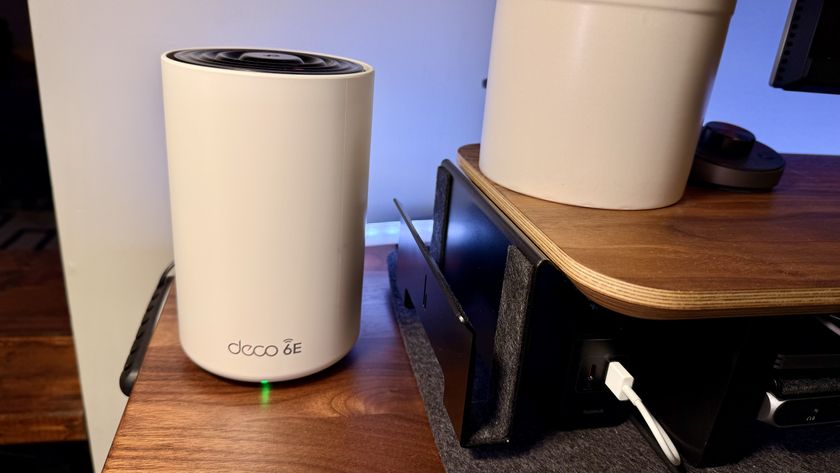
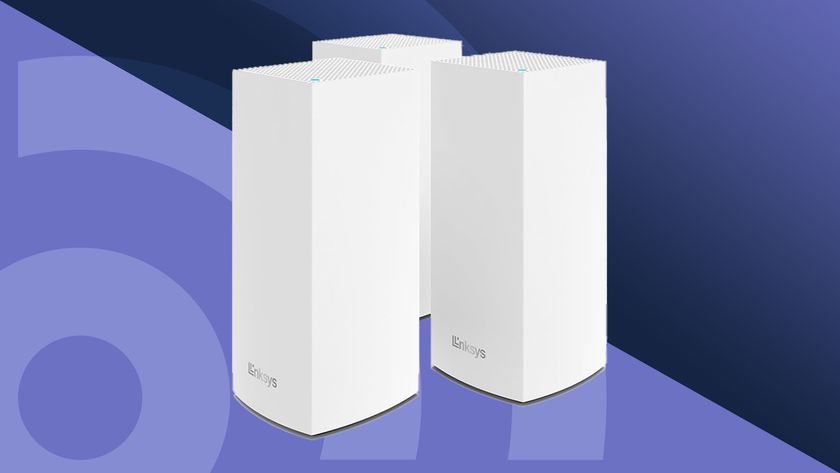
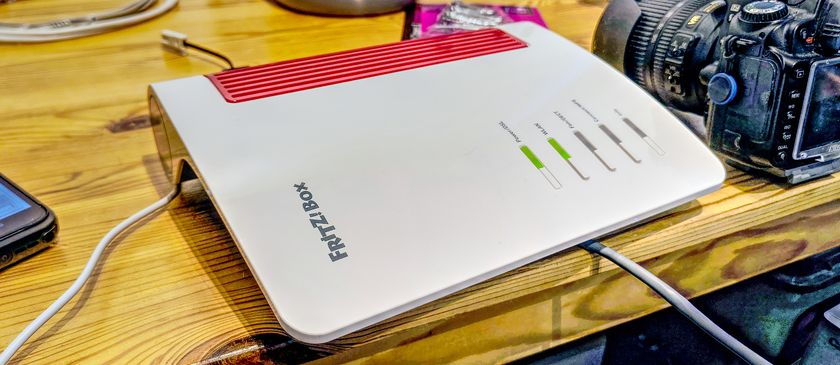
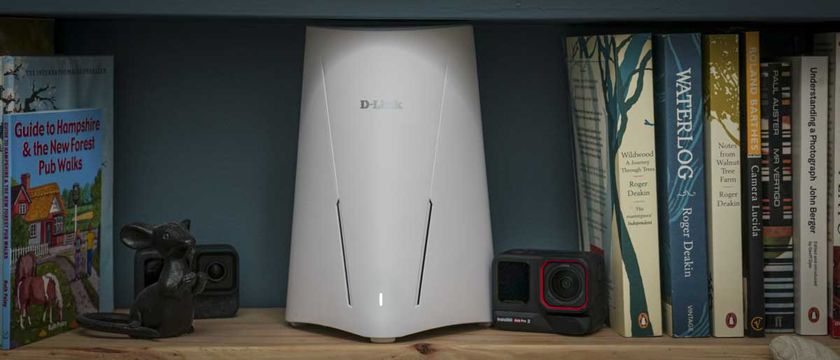
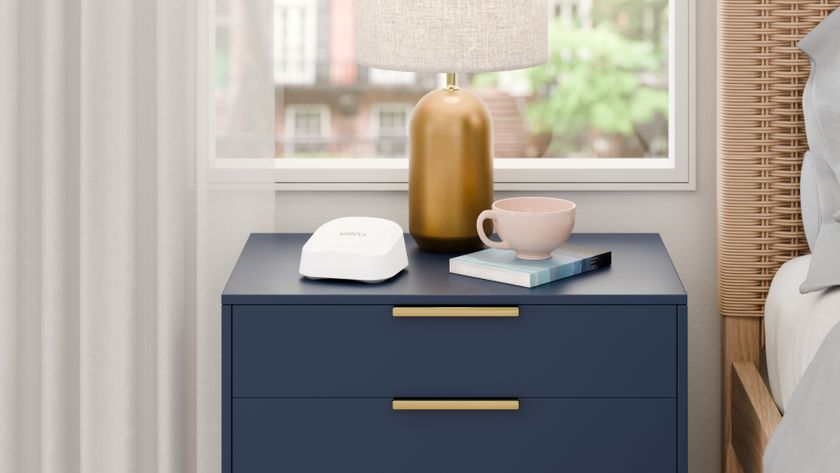

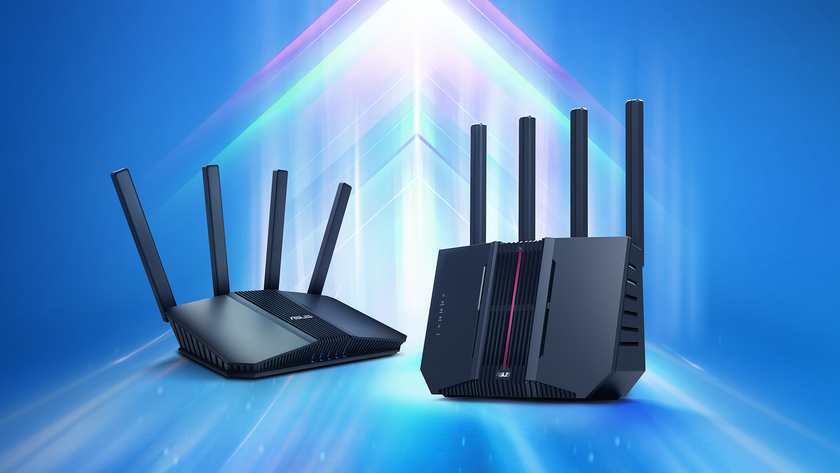
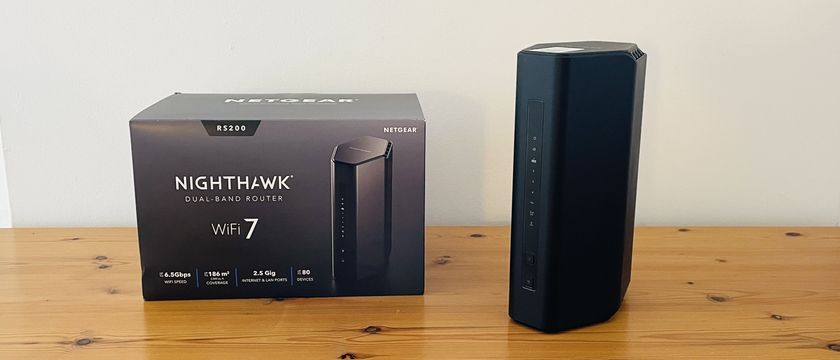
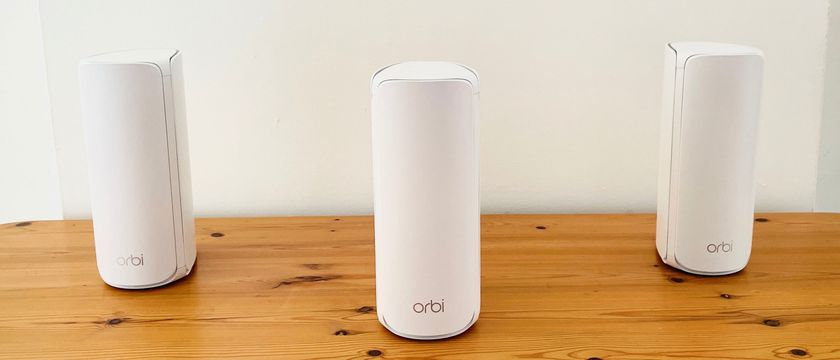
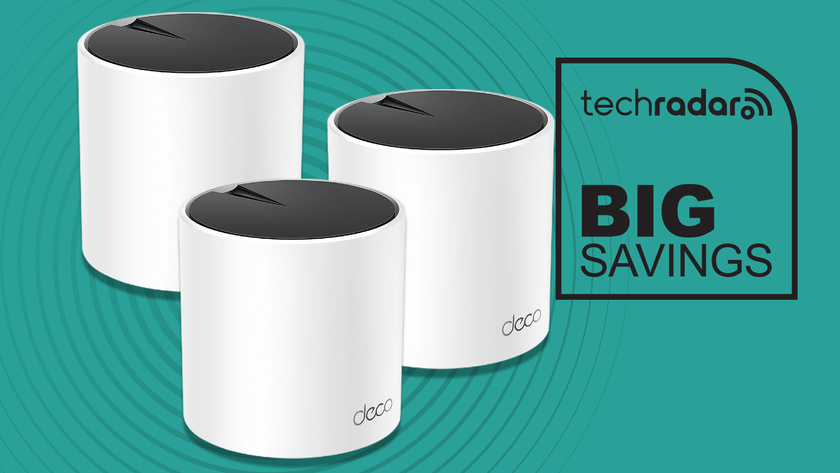
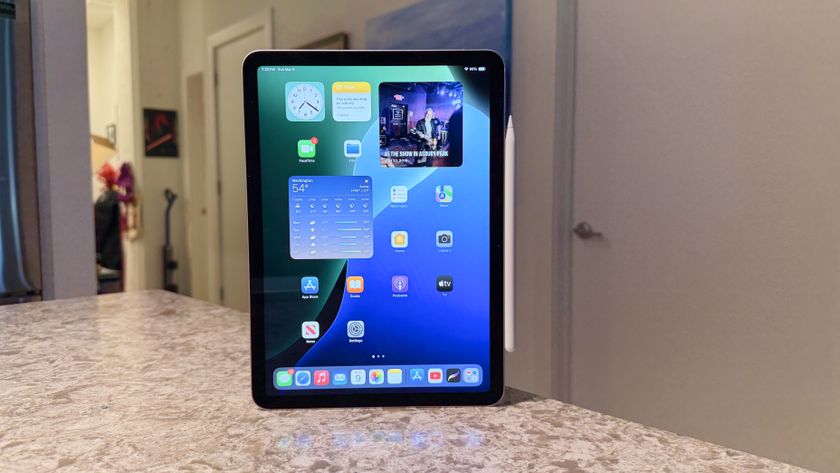
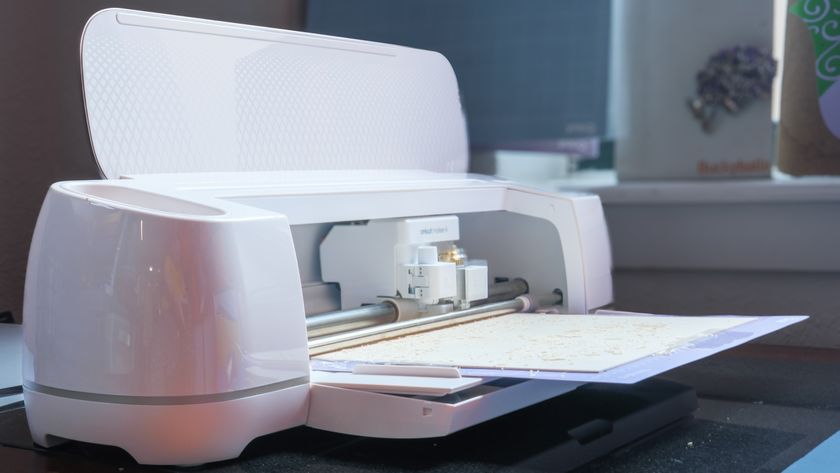
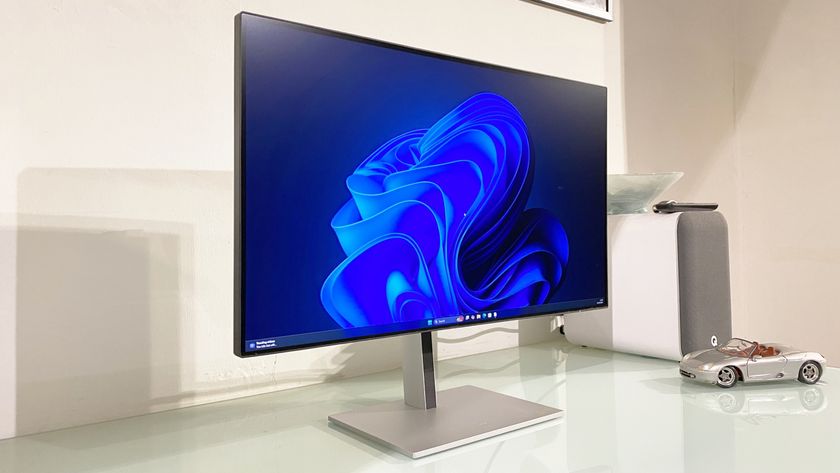
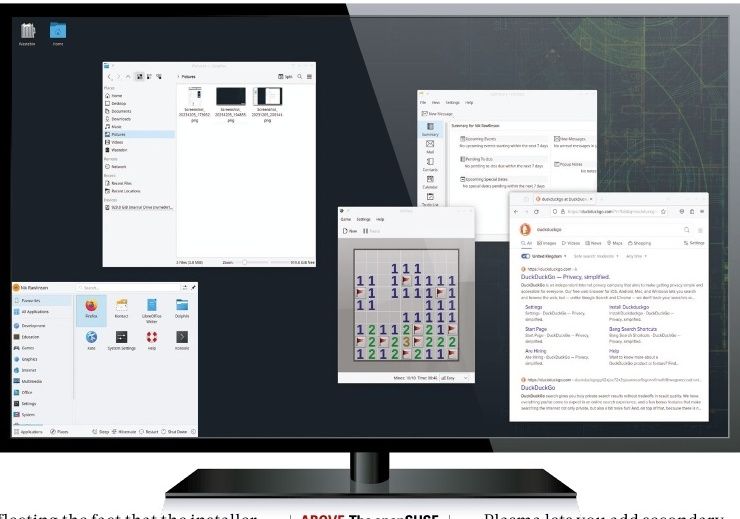
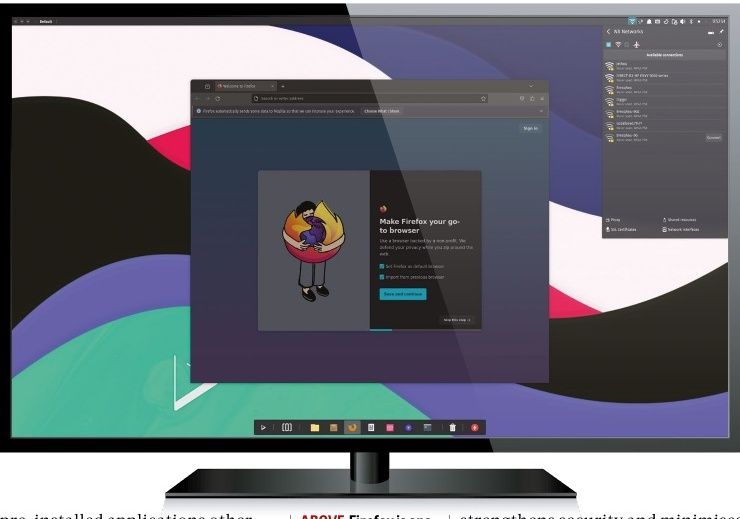
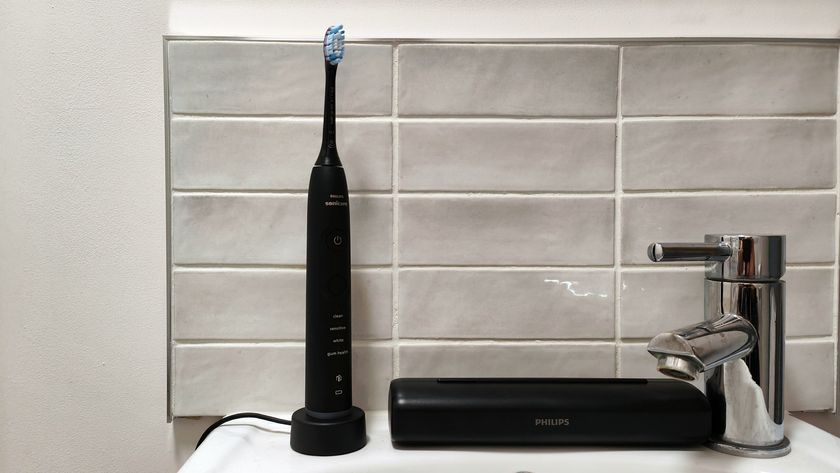
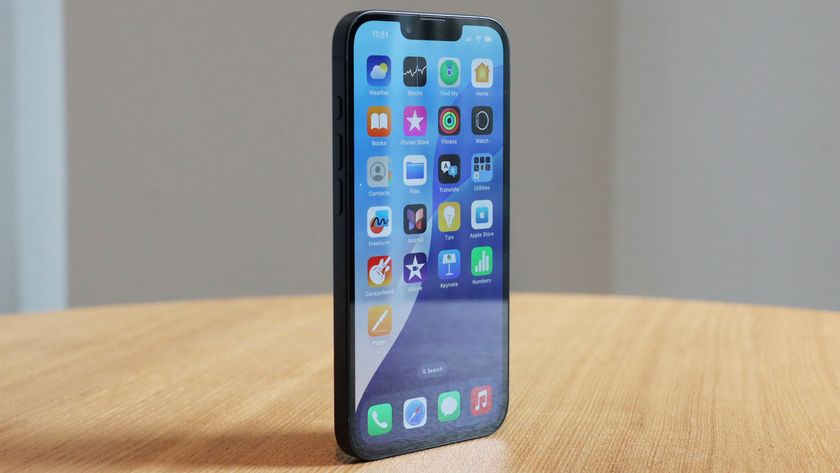
Which affordable phone wins the mid-range race: the iPhone 16e, Nothing 3a, or Samsung Galaxy A56? Our latest podcast tells all
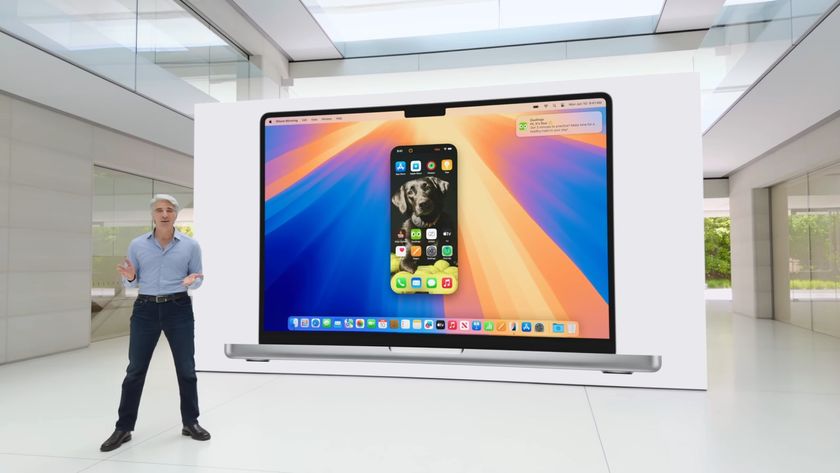
Report: iOS 19 and macOS 16 could mark their biggest design overhaul in years – and we have one request
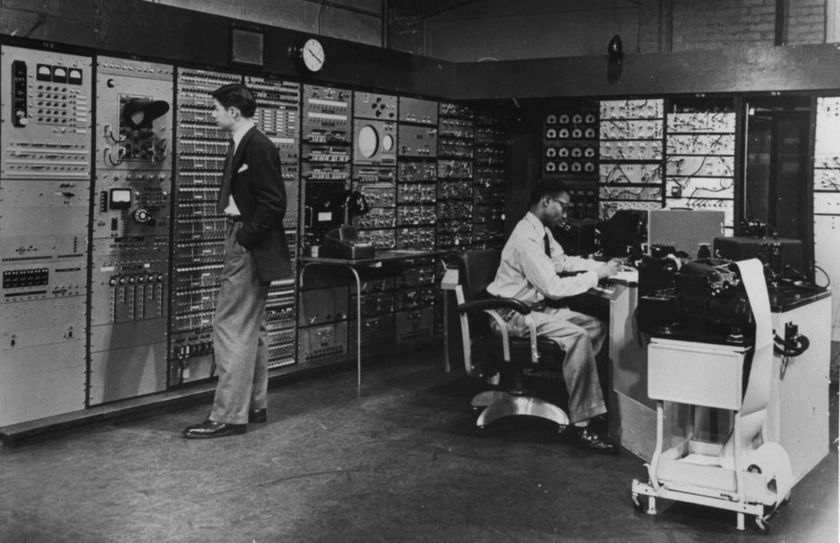
Happy birthday, Director! The first operating system in the world turns 70 today
